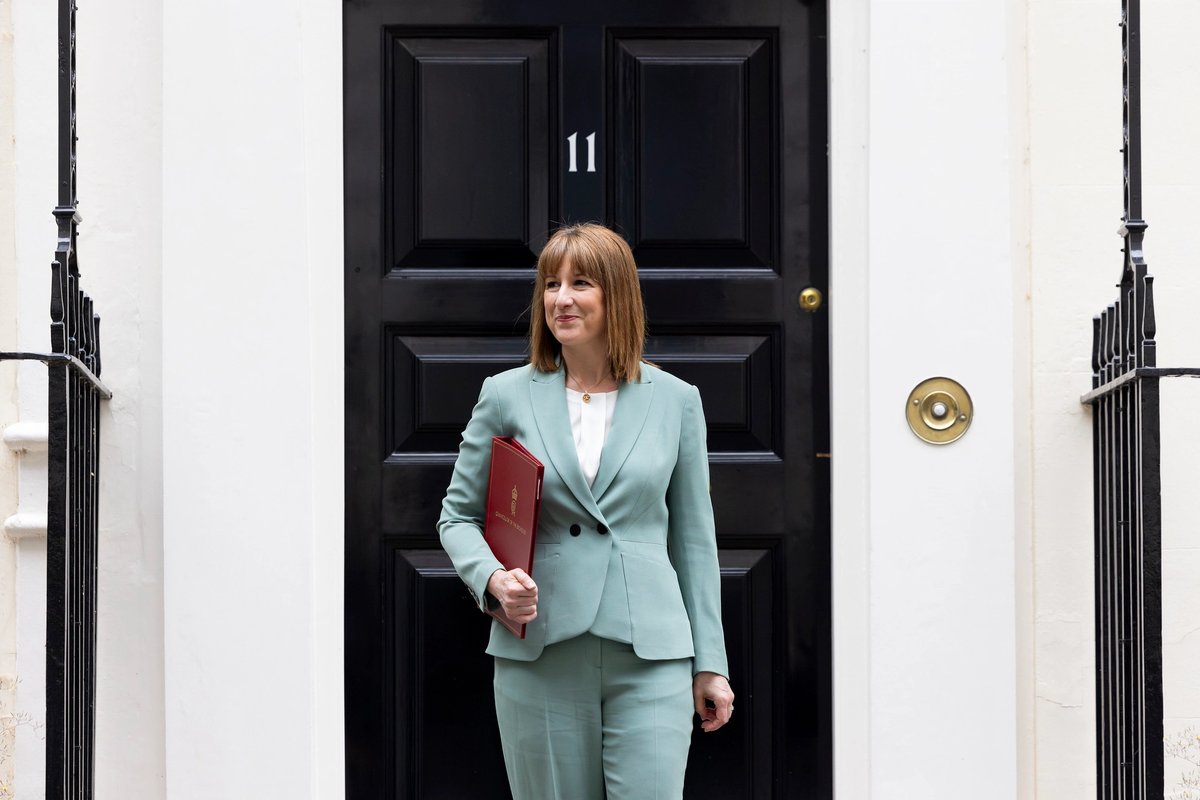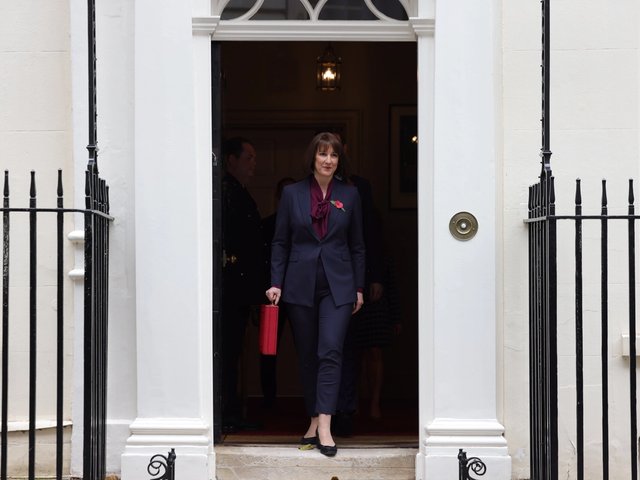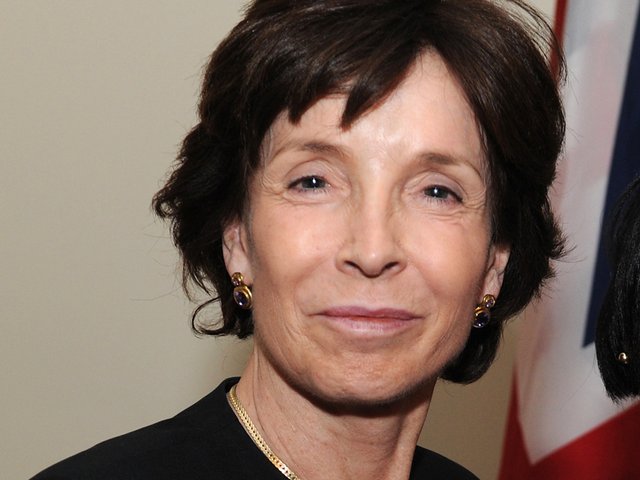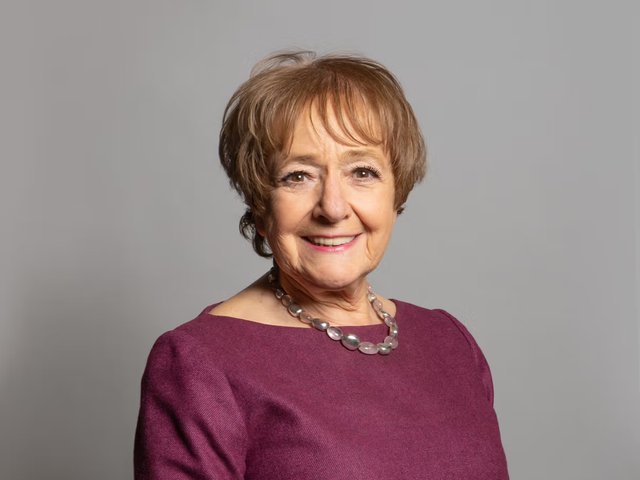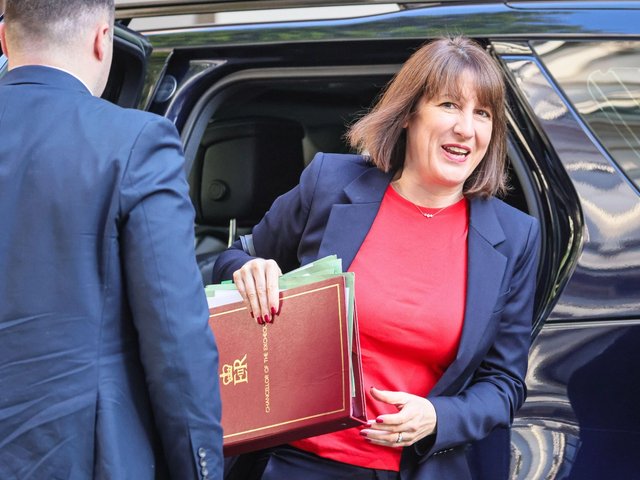The UK government department for Culture, Media and Sport (DCMS) is facing real-term funding cuts as a result of yesterday's spending review. Total expenditure at the department will be reduced by 1.4% over the course of the spending review period from 2025/26 to 2028/29.
Capital spending—funding for investment to improve infrastructure—will remain at £700m annually across the same period. Resource spending—what the department spends on its day-to-day running and administration costs—will increase from £1.5bn this year to £1.6bn in 2027-28 and £2bn the following year.
According to the spending review document, this equates to a real-terms cut (adjusted for inflation) of 1.2% on resource spending and 2.8% on capital spending over the course of the spending review period.
The chair of the parliamentary Culture, Media and Sports Committee, which scrutinises the work of the DCMS, the Conservative MP Caroline Dinenage, says in a statement: “There are the huge unanswered questions of how the department is going to manage these cuts, and what parts of culture, media and sport will be made to bear the brunt of them.”
The UK government describes the spending review settlement as providing “funding for the UK’s world-leading culture and heritage sector, with billions over the spending review period to fund celebrated institutions such as the national museums and galleries and organisations like Arts Council England (ACE), which support local projects across the country and ensure that the best of British culture is accessible to all”.
Unlocking assets for museums
As part of the spending review, the government announced yesterday that the DCMS will publish a new National Youth Strategy this autumn. The document will “set out how the government will support young people in all aspects of their lives”.
The governments adds that between 2024 and 2028, £132.5m of “dormant assets” will be unlocked enabling disadvantaged young people to access music, sport, and drama through investment in facilities and libraries.
Responding to this, the UK Museums Association says: “While we welcome the opportunity for museums to access the dormant assets fund this won’t compensate for the real-terms cuts to the department for culture’s budget.
“We await the details in terms of the settlements for national museum and ACE budgets but are concerned that at a time when museums are delivering for communities and against government agendas they face the prospect of more cuts and face financial uncertainty.”
Meanwhile a museum curator, who preferred to remain anonymous, says: “The cuts could have been worse but it is little solace for national museums which are basically on their knees financially.” Referencing the UK culture secretary, the curator adds: “Lisa Nandy must be more visible in the sector.”
Arts education
Sally Bacon, the co-chair of the Cultural Learning Alliance (CLA), tells The Art Newspaper that the organisation is waiting to see if, “after 15 years of decline”, there is to be mandatory and strengthened arts provision in schools through the upcoming Curriculum and Assessment Review.
“If this is the case, there will have to be a corresponding investment in the arts teaching workforce given that the picture for arts Initial Teacher Training is extremely concerning as we set out in our 2025 Report Card,” says Bacon. The CLA is waiting for the funding allocation for the New National Centre for Arts and Music Education to be announced, she adds.
British council concerns
Concerns have also been raised about the fate of the British Council, the UK’s international organisation for cultural relations. This follows a real-term cut of 7% in the budget for the Foreign, Commonwealth and Development Office (FCDO) which provides the council with around 15% of its funding.
The Art Newspaper understands that the British Council is waiting for the FCDO, along with other arm's length bodies, to formally confirm its budgets for 2025/26, and is seeking a £20m uplift annual grant-in-aid to safeguard its global network.
The Guardian reports that cuts to the aid budget may result in the British Council closing bases in up to 60 countries. Earlier this year The British Council said that it was reviewing its assets in light of a financial crisis.
The Spending Review announcement also indicates that the future of the DCMS is secure following reports that it might be abolished.
UPDATE (13 June)—A DCMS spokesperson says: “Museums play an important role in communities by providing people with opportunities to learn more about their local heritage and better understand our rich national story. Our recently announced Arts Everywhere Fund, worth £270m, includes £20m through the new Museum Renewal Fund which aims to help keep cherished civic museums open, and £25m through the Museums Estates and Development Fund to help museums undertake vital infrastructure projects and tackle urgent maintenance backlogs."


